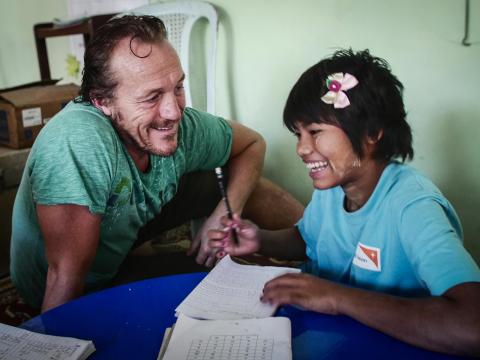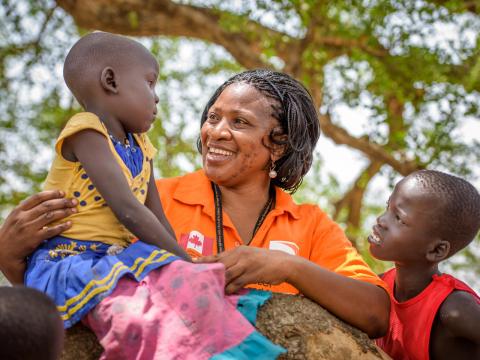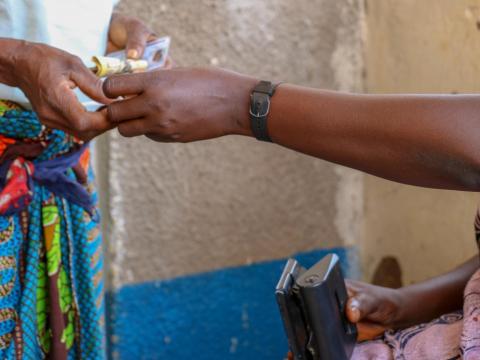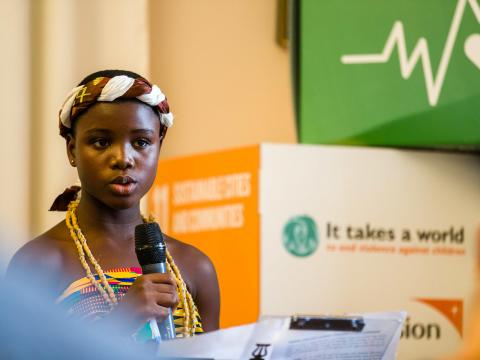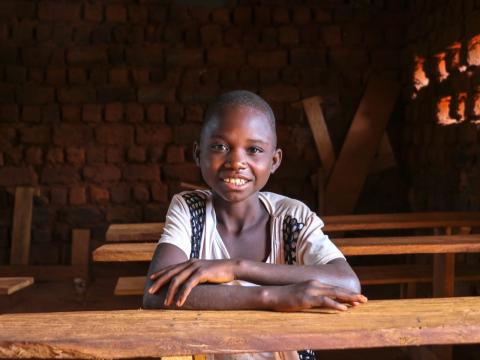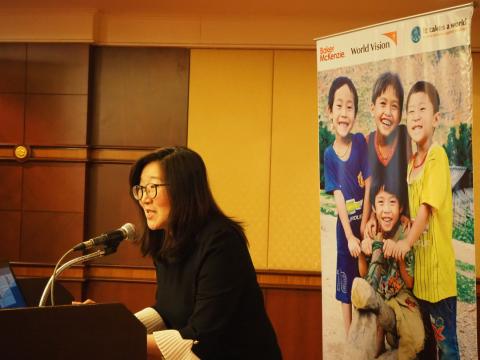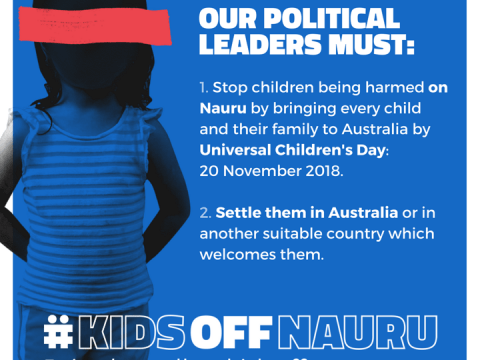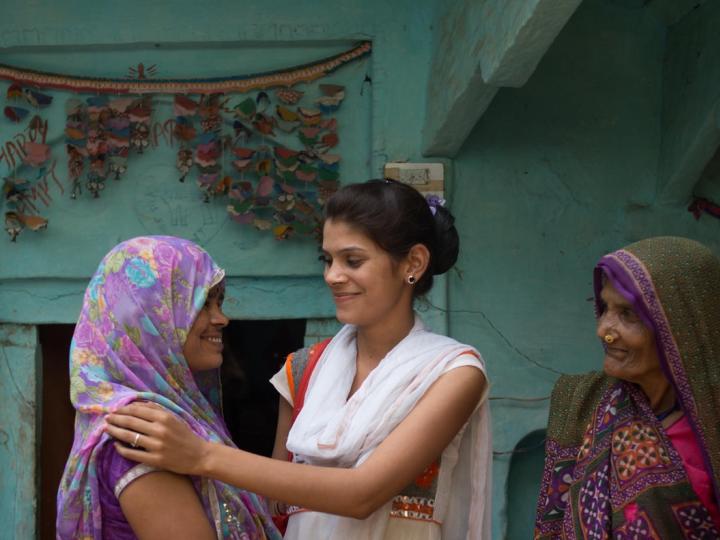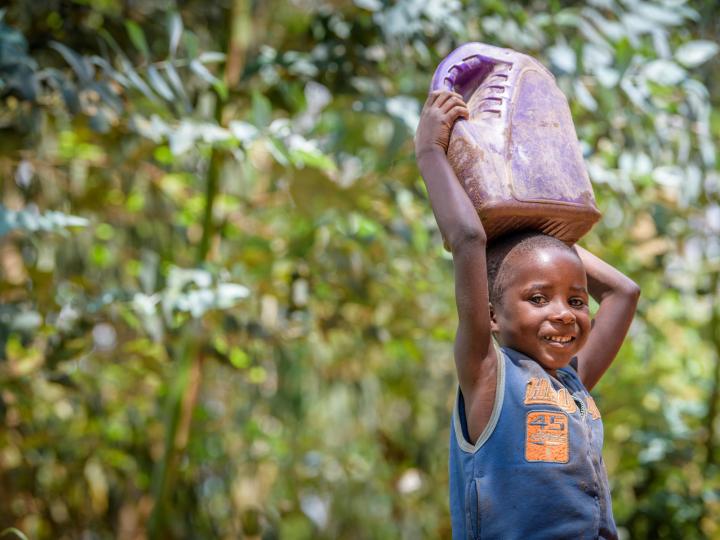
How we're ending violence against children
Why and how do we end violence against children?
Over the last 60 years, World Vision has been developing and adapting a unique community engagement model.
Our model enables us to address the root causes of problems that steal childhoods. We engage and work with everyone who has a responsibility to protect children, starting with families and faith communities and extending to teachers, schools, local and traditional leaders, hospitals, police, government agencies, and courts.
Informed by the global INSPIRE strategies from WHO and other organisations, World Vision ensures that solutions to violence are developed in partnership with everyone involved. Our interventions focus on improving laws and accountability, increasing social services and support, catalysing behaviour and attitude change, and strengthening child resilience.
How our campaign works
Our global campaign, It takes a world to end violence against children, focuses on four main ways we can work with partners, governments, and the general public to end violence.
Seven things World Vision has learned
- It can be done: ending violence against children is possible
- It takes a world: key actors must be engaged and participating
- There is no magic wand: ending violence requires a combination of different approaches
- Context is key: when our approaches reflect the local culture, norms and infrastructure, they work
- Big picture, little picture: solutions require direct interventions and longer-term system strengthening
- It takes children: boys and girls play a significant role, as active agents of change
- Scaling up: do more of what works, in more places
